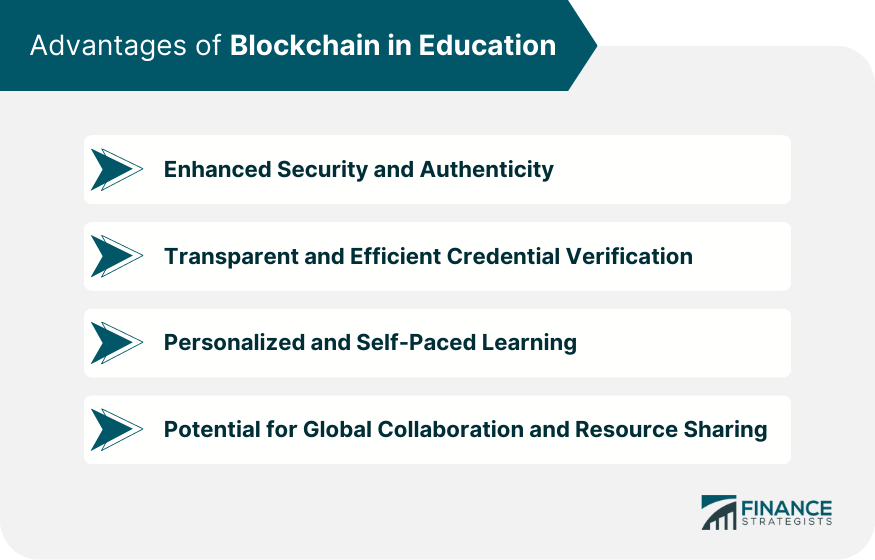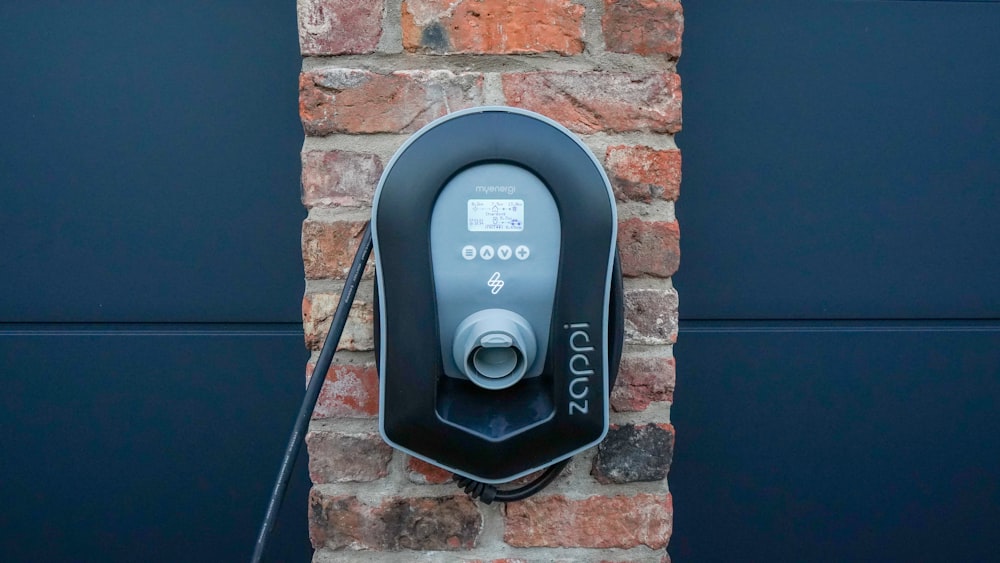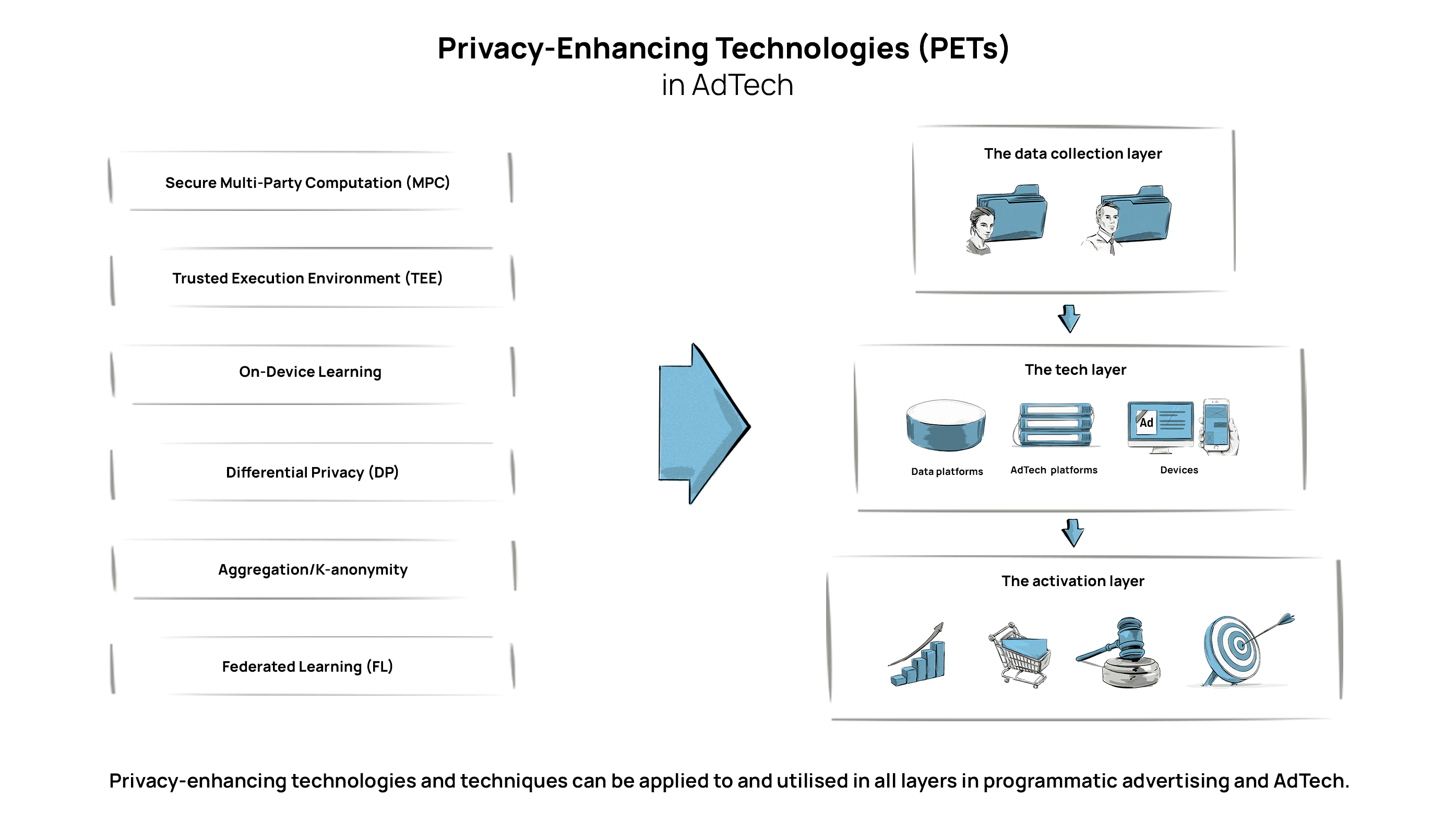
Revolutionizing Academic Verification: Secure Tokenized Education Credentials
In the fast-paced digital age, traditional methods of verifying education credentials face challenges related to security and efficiency. The advent of secure tokenized education credentials presents an innovative solution to these issues, transforming the landscape of academic verification.
The Foundation of Secure Tokenization in Education
Tokenization involves the substitution of sensitive data with unique tokens, rendering the original information virtually impervious to unauthorized access. In the realm of education credentials, this method ensures the secure storage and exchange of academic achievements, from degrees to certifications.
Elevating Security Measures
Secure tokenized education credentials introduce an elevated level of security to academic records. Each credential is represented by a unique token, making it exceedingly difficult for malicious actors to tamper with or forge certificates. This not only protects the integrity of individual achievements but also enhances the credibility of academic institutions.
Efficiency in Credential Verification
One of the key advantages of tokenized education credentials lies in the efficiency of verification processes. Employers, academic institutions, and other entities can swiftly and accurately confirm the authenticity of an individual’s qualifications, streamlining hiring processes and academic admissions.
Blockchain Integration for Immutable Records
The integration of blockchain technology further fortifies the security and immutability of tokenized education credentials. Blockchain’s decentralized nature ensures that once a credential is tokenized and recorded, it becomes resistant to alteration or fraud. This contributes to building a trust infrastructure in academic verification.
Addressing Credential Fraud and Misrepresentation
Traditional paper-based credentials are susceptible to fraud and misrepresentation, posing challenges to institutions and employers. Secure tokenization mitigates these risks by providing a robust solution that verifies the authenticity of education credentials, reducing the prevalence of diploma mills and counterfeit certificates.
Challenges in Implementation and Adoption
While the benefits of secure tokenized education credentials are evident, their widespread adoption faces challenges. Standardization, interoperability, and the initial investment required for system upgrades are hurdles that need to be addressed. Collaborative efforts between educational institutions and industry stakeholders can pave the way for a smoother transition.
Future Prospects: Innovations in Academic Verification
Looking ahead, the integration of emerging technologies such as artificial intelligence (AI) and machine learning (ML) holds the potential to further enhance the capabilities of secure tokenized education credentials. These technologies can contribute to advanced analytics, ensuring a more comprehensive understanding of an individual’s academic profile.
Empowering Individuals and Institutions
Secure tokenized education credentials empower individuals by providing them with a secure and verifiable record of their academic accomplishments. Simultaneously, institutions benefit from streamlined verification processes, reducing administrative burdens and enhancing the overall trustworthiness of academic credentials.
Towards a Secure Educational Ecosystem
In conclusion, the adoption of secure tokenized education credentials marks a significant step towards creating a more secure and efficient ecosystem for academic verification. As technology continues to advance, embracing these innovations becomes crucial in ensuring the integrity of education credentials and fostering a trustworthy environment for all stakeholders.
To explore the potential of secure tokenized education credentials, visit www.itcertswin.com.














-min.png)






.png)



